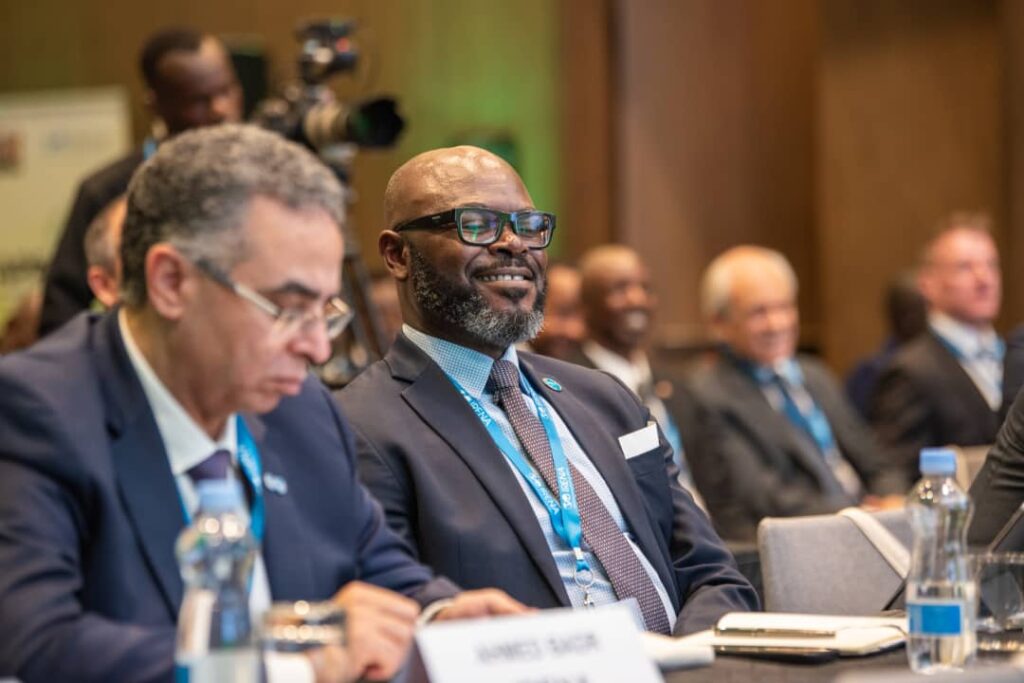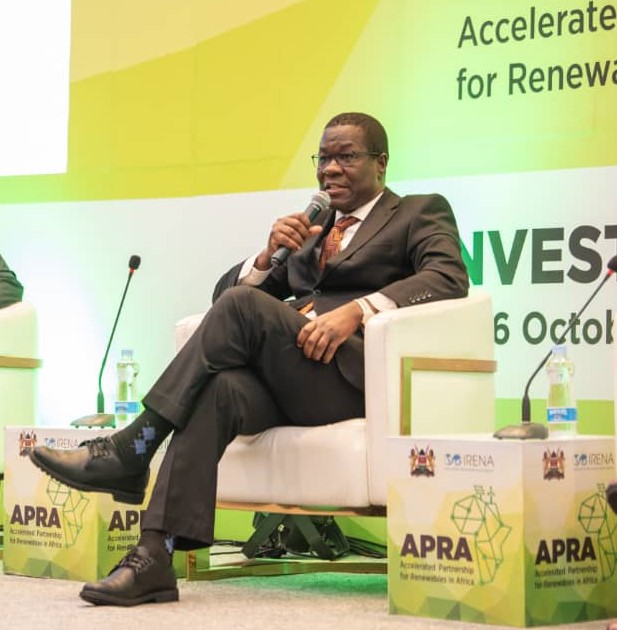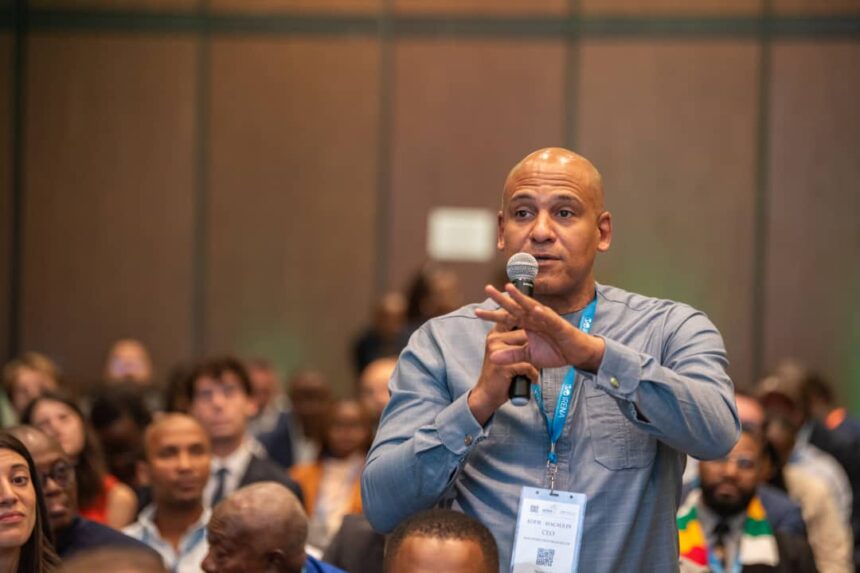By Teshome Mekonnen | mokish03@gmail.com
Kenya’s Petroleum and Energy Cabinet Secretary Opiyo Wandayi has called for more investment in Africa’s clean energy potential as a means to addressing the continent’s poverty.
Speaking at the first forum of the Accelerated Partnership for Renewables in Africa (APRA) in Nairobi, where stakeholders deliberated on Africa’s renewable energy priorities and investment needs and opportunities, Mr Wandayi regretted that the continent had received only about 3 per cent of the global energy investments, a disparity that had left at least 600 million people in the sub-Sahara without electricity, “despite our continent being home to 17 per cent of the world’s population, a population that is projected to double in the next 30 years.”
While calling for deliberate bilateral and multilateral collaborations, Mr Wandayi said renewables would be the sure cure to the perennial energy poverty.
According to the International Renewable Energy Agency (IRENA), which spearheads the APRA’s initiative, the forum that brought together APRA’s member countries and partners will play a key role in holding multi-stakeholder discussions and project matchmaking.

IRENA Director General Francesco La Camera said official data from the agency showed that 473GW and 87 per cent of newly installed capacity of renewable energy was added in 2023 globally, of which Africa contributed only 1.6 per cent.
He said the high-level expert discussions would focus on enabling frameworks, innovative financing instruments, and the development of supply chains in APRA countries.
According to IRENA’s Energy Transition Accelerator Financing (ETAF) platform, an inclusive, multi-stakeholder climate finance mechanism that aims to advance energy transition in developing economies, up to 55 per cent of projects it received are from the sub-Saharan Africa. However, most of them faced challenges at business development stages, denying them opportunity to be considered by financiers.
Mr Francesco said that in 2023, the sub-Saharan Africa energy transition-related investments were 40 times less than the world’s average per capital. It is these disparities that the Kenyan Cabinet Secretary sought more action on.
“This mismatch between investment and need is a clear indicator that we must take bold, deliberate steps to bridge the gap. Africa holds less than 3 per cent of global renewable energy jobs,” said Mr Wandayi, adding that climate change and environmental degradation were among the most urgent and formidable global challenges humanity faces, and which progress faster than anticipated.
“We are rapidly running out of time to stay within the 1.5°C pathway and achieve the Sustainable Development Goals. Tripling the deployment of renewable energy is a crucial part of the strategy to reach these global targets,” he said.
The government official said many countries had embraced renewable energy to accelerate transition, with Kenya leading by sourcing 90 per cent of its electricity from geothermal, wind, and solar.

However, Mr Wandayi said, Africa still lags in renewable energy development, necessitating targeted, meaningful investment from public and private sectors.
Participants of the APRA’s forum said implementing risk mitigation instruments such as partial risk guarantees, concessional financing, and innovative financial mechanisms like blended debt and grant instruments were necessary to attract private investors.
To achieve these, Mr Francesco suggested: “We will aim to catalyse further support, attract more stakeholders, and unlock greater funding to fuel Africa’s renewable energy ambitions.”
He said it was possible for Africa to be a global leader in the energy transition if the continent seized every opportunity to build momentum, secure investment, and mobilise resources.
The IRENA Director General said the global investment in energy transition technologies, including energy efficiency, reached a record high of $1.3 trillion in 2022.
However, he said, annual investments must quadruple to remain on track in achieving the 1.5°C scenario in IRENA’s World Energy Transitions Outlook 2023.
Meanwhile, investments must flow at the pace or scale needed to accelerate progress towards universal energy access. According to experts at the forum, investments in off-grid renewable energy solutions in 2021 – at $500 million – fell far short of the $2.3 billion needed annually in off-grid solar products alone (not including mini-grids).
Despite the investment challenges Africa faces, the continent has a great potential for transition to renewable energy. The continent is home to solar, wind, geothermal, and hydropower sources, which, if harnessed, can fuel significant gains in GDP, employment, and human welfare, the meeting heard.
Accelerating the deployment of clean energy solutions is not only essential for tackling the climate crisis but also for promoting inclusive economic growth and improving livelihoods, said Mr Francesco.
The Nairobi Declaration, adopted by Heads of State at the 2023 African Climate Summit, has reimagined the continent’s future as a thriving, resilient continent that embraces climate-positive growth. It has positioned the transition to renewable energy as a catalyst for energy access, security, and green growth. The Declaration calls for Africa to increase its renewable generation capacity from 56GW in 2022 to at least 300GW by 2030.
This target aims to alleviate energy poverty and contribute to a robust global supply of clean energy, which will play a pivotal role in industrial development.









